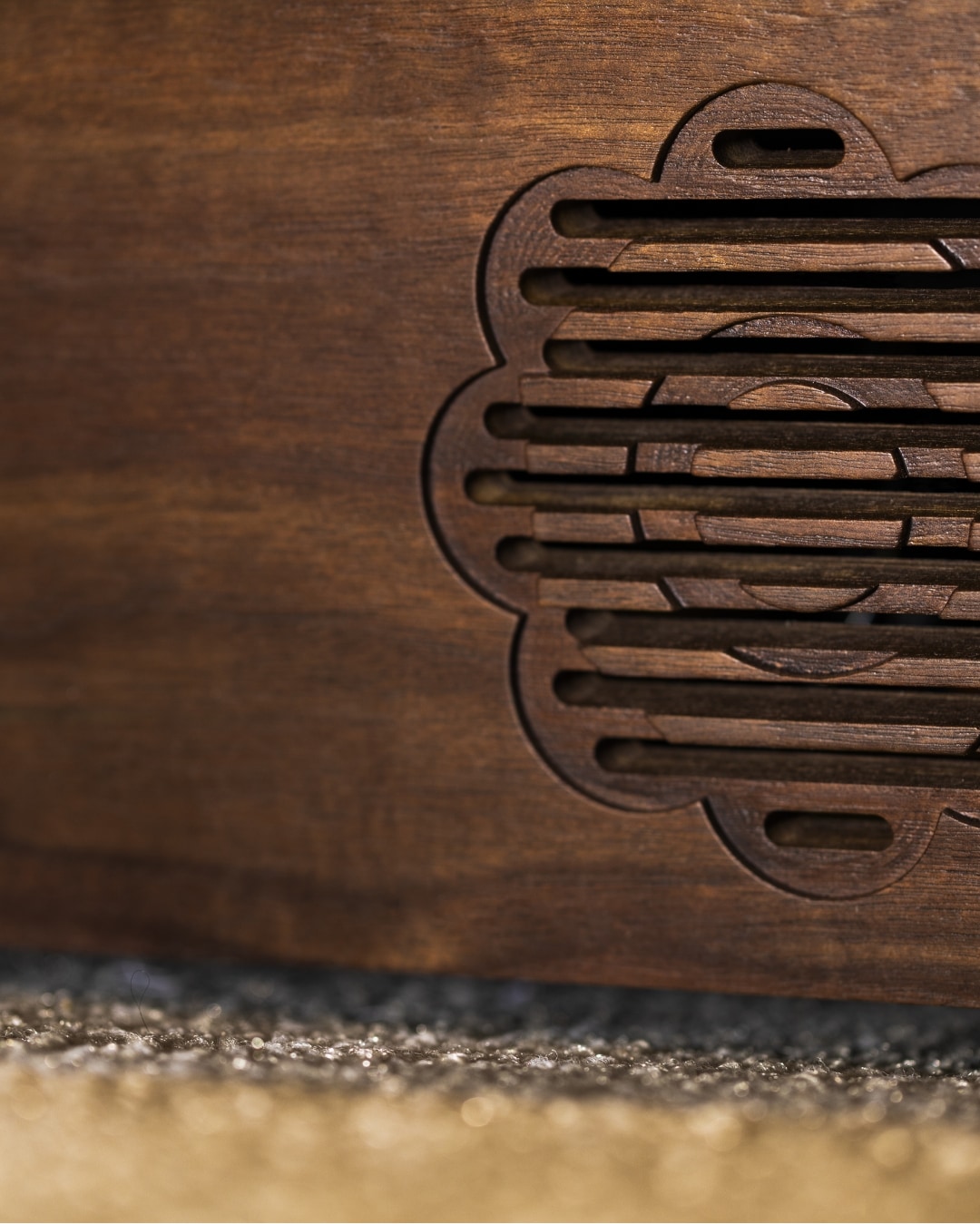Benefits of
Pressure Reduction
Validated research indicates that reducing pressure points measurably improves the quality of one's sleep.

When pressure points are minimized, there’s a reduction in the need to constantly adjust positions throughout the night. Fewer disturbances can lead to more consistent and restful sleep.

Discomfort due to pressure points can disrupt the sleep cycle, especially the REM (Rapid Eye Movement) stage, which is essential for cognitive functions like memory consolidation.

When there are pressure points on the body during sleep, they can lead to discomfort and pain. This pain can interrupt the sleep cycle and prevent one from entering the deeper, restorative stages of sleep.

Pressure points often arise due to improper spinal alignment. A sleeping surface that distributes weight evenly and alleviates these pressure points can help maintain the natural curvature of the spine, which is pivotal for preventing back and neck pain.

Excessive pressure on certain parts of the body can impede blood flow. Ensuring even distribution of body weight and eliminating pressure points allows for better circulation, which can help in tissue regeneration and healing during sleep.

Benefits of
Improved Sleep
Enhances Immune
System Function
Citation: Besedovsky, L., Lange, T., & Born, J. (2019). Sleep and immune function.Pflügers Archiv-European Journal of Physiology, 471(3), 503-518.
https://doi.org/10.1007/s00424-018-2162-x
Boosts Mental and
Emotional Health
Citation: Walker, M. P. (2017). Why we sleep: Unlocking the power of sleep and dreams. Scribner.Citation: U-M Human Resources. (2025, March 20). Sleep Matters for Your MentalHealth. University of Michigan.
https://hr.umich.edu/about-uhr/uhr-news/sleep-matters-your-mental-health
Improves Cognitive
Function and Memory
Citation: Yoo, S. S., Hu, P. T., & Walker, M. P. (2007). A deficit in the sleep-induced prefrontal consolidation of declarative memory in sleep-deprived individuals. Sleep, 30(6), 696-702.
https://doi.org/10.1093/sleep/30.6.696
Citation: U-M Human Resources. (2025, March 20). Sleep Matters for Your Mental Health. University of Michigan.
https://hr.umich.edu/about-uhr/uhr-news/sleep-matters-your-mental-health
On Missing Sleep…
– Dr. Walker, Why We Sleep
Citation: Walker, M. P. (2017). Why we sleep: Unlocking the power of sleep and dreams. Scribner.Citation: U-M Human Resources. (2025, March 20). Sleep Matters for Your MentalHealth. University of Michigan.
https://hr.umich.edu/about-uhr/uhr-news/sleep-matters-your-mental-health
Excellence
Precision
Rest
We won’t rest until
you sleep better.
Follow along.





